 (1).jpg)
16 August 2021 - 12:37 BY Louw
Developing a character for a role
I believe our physicality plays a big part in life as well as when we perform. So it would be best if you looked for “clues” in the script. Clear physical clues will be if your character is a boxer or dancer. This has a clear physical manner of carrying yourself, with which research on that stereotype can help a lot.
If there are no apparent physical clues, find a body part that you lead your walking with. Play around with this technique. Animate it at first, then pull back until comfortable and safe. Psychology plays a significant role in our physicality. Let’s say your character is very confident and approachable – lead your walking with pulling your shoulders back, straight up and open the chest, this screams confidence. Or if there is a clue in the script that she is shy and always avoiding attention – Lead with your head slightly down and slumped shoulders, maybe even crossing your hands and feet or walking with your hands across your chest (like holding yourself – protecting yourself against the world). These small visual acts help the audience, even if it’s just subconsciously, to believe and relate with your character.
Emotions can also impact our physicality. Ask where this character is emotionally: is she trying to “let go” because her husband is killed and she needs to move on? Or is she very controlling and calculated? If your character is fit and controlling, you can use activities in your personal life to prepare and help understand these emotional ideas. Go jogging if she’s fit, do a certain type of Yoga (kundalini) if she is controlling or keep a day to day planner. The way you move with your body is a big way you express your inner life.
Be open on the day of shooting. Find in-between moments that keep your character alive. Keep on creating and finding. When listening to the other character, a reaction shot might be needed (mostly will) and you can choose to use your physicality, for ex. like playing with your hair to flirt or leg hopping up and down if nervous. You can even use ticks of people around you that you would think will add to your character’s life, playing with your beard or hair, biting your lip, stretching your neck, clicking knuckles. But be sure to use it only if it adds to your character’s personality, emotional life and serves the scene.
Hair and make-up add a lot. The science behind smiling (putting a pencil in your mouth) OR seeing someone else smile triggers your brain of happiness. Your brain reacts with happy hormones being released. So you can use hair and make-up to increase this character’s physicality and emotions in your body.
A good piece I found from David Mamet's book that helped me with building a character:
“The audience only perceives what the other actors want to do to the other actor. If the speaker wants to do nothing to or about the other actor but wants only to interpret text, the audience loses interest. Learn the lines, find a simple objective indicated by the writer. It doesn’t matter HOW you say the lines. What matters is what you MEAN.
We all know what it means to truly have an objective. To get him or her into bed, to get the job, to get out of mowing the lawn, to borrow the family car. We know what we want and we know whether we are getting closer to getting it or not, and we alter plans accordingly. THIS IS WHAT MAKES A PERSON WITH AN OBJECTIVE ALIVE, they have to take their attention off themselves and put it in on the person they want something from.
Each character in the play wants something. It is the actors' job to reduce that something to its lowest common denominator and then act upon it. Hamlet wants to find out what is rotten in the state of Denmark. An actor might reason, “Oh, I get it - Hamlet is trying to restore order.” Scene by scene the tools necessary to restore order might be: to interrogate, to confront, to negotiate, to review... you get the idea. All of the above are simple physical actable objectives. They do not require preparation, they require commitment - and it is this commitment which the rehearsal process is supposed to rehearse.”
Give yourself permission to be imaginative. This is YOUR art, just as the painter paints and wants it to be perfect, so you too need to put in time and effort to craft this character as the writer intended, and you feel you want to create. The director can always pull back or carve out any unnecessary physicalities or movements or bold performance choices, but on the day there might not be time to think of what to add, much easier to cut out or down than to try and think of what to add.
As an actor, when you encounter a psychopathic personality, you naturally want to make him 'bigger than life,' - Antonio Banderas
In-depth character development refers to lesson 7 in A Practical Introduction To Film Acting
How did you find the technique/tool/advice? Did it work for you? What was different this time? Share with the tribe and let’s keep on creating beautiful, honest and memorable performances. Let’s execute our best selves!
Kind regards
Edwin van der Walt
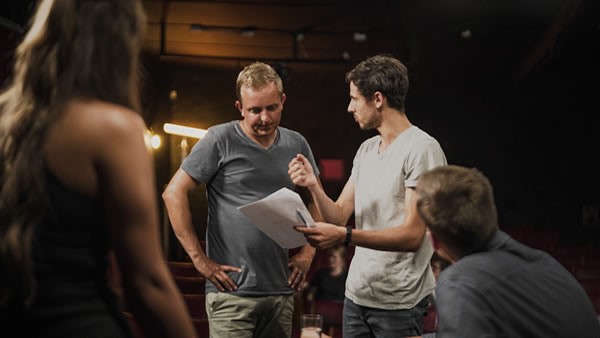
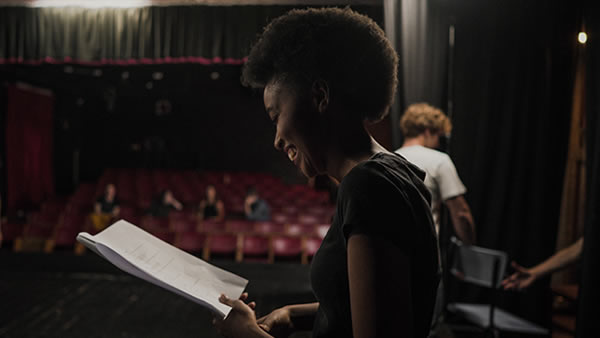

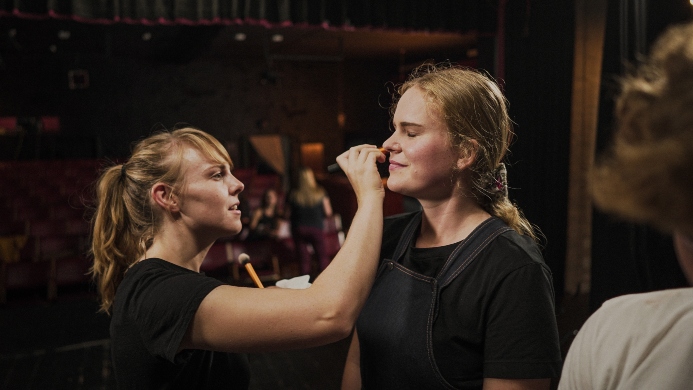
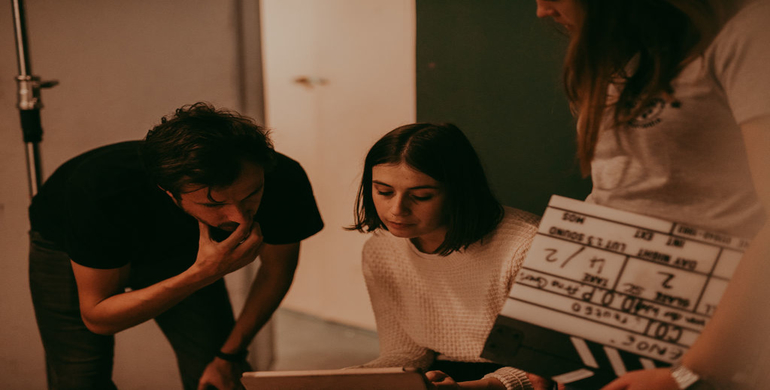

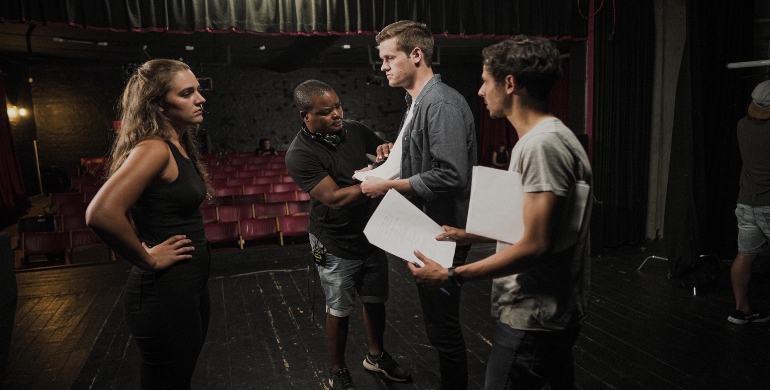



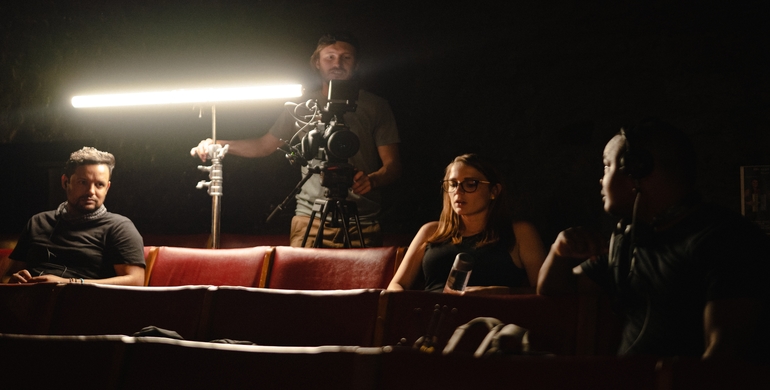
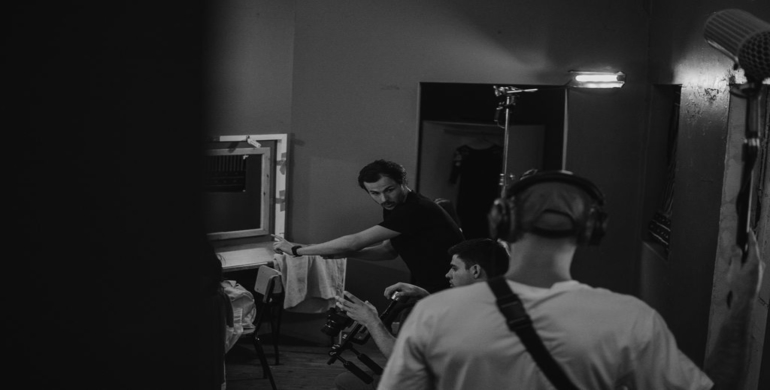
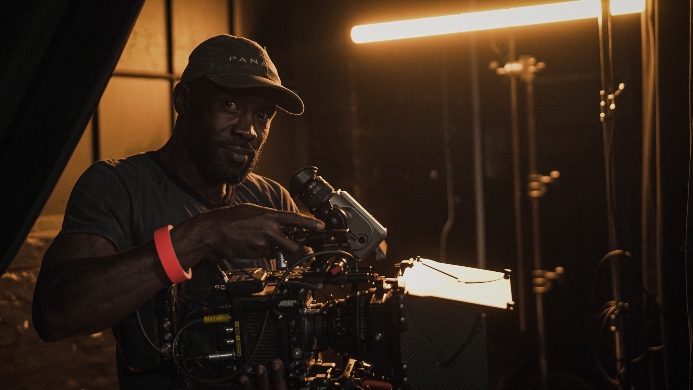

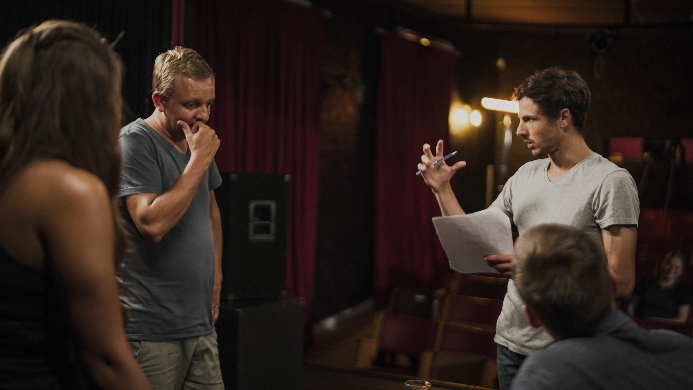
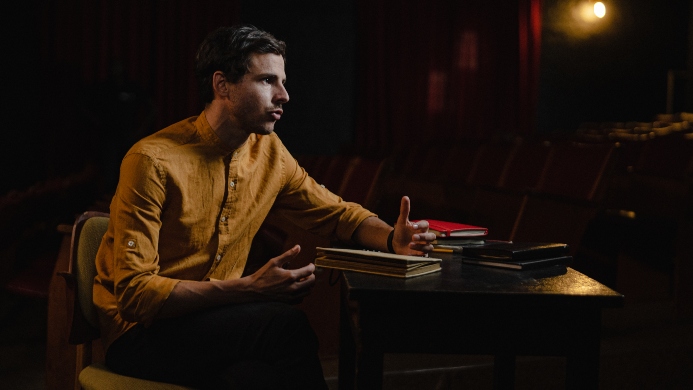
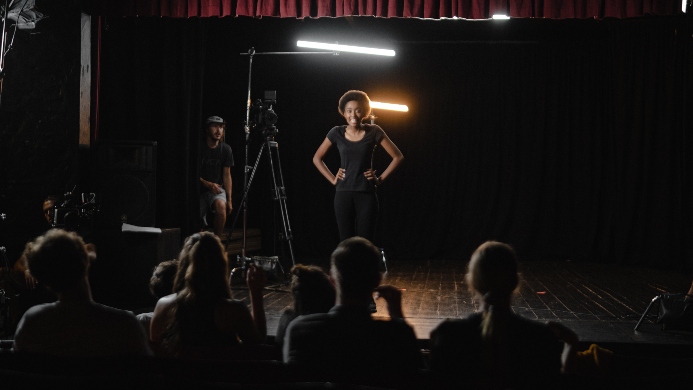

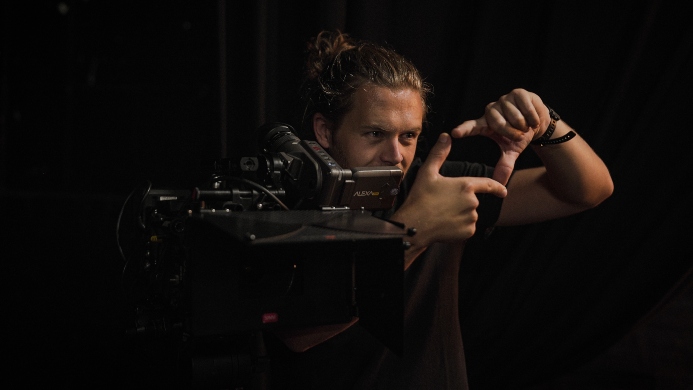
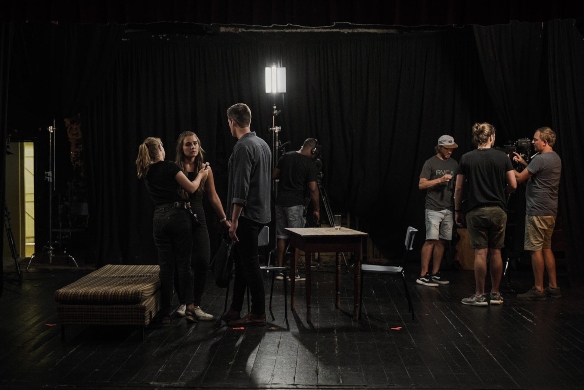

 1.jpg)
.jpg)
 (1).jpg)
 (1).jpg)
 (1).jpg)
 (1).jpg)
 (1).jpg)
 (1).jpg)
 (1).jpg)
 (1).jpg)
 (1).jpg)
 (1).jpg)
 (1).jpg)
 (1).jpg)
 (1).jpg)
 (1).jpg)
 (1).jpg)
 (1).jpg)
 (1).jpg)
 (1).jpg)
 (1).jpg)
 (1).jpg)
 (2).jpg)
 (1).jpg)
.jpg)
 (2).jpg)
 (1).jpg)
 (1).jpg)
 (1).jpg)
.jpg)
 (1).jpg)